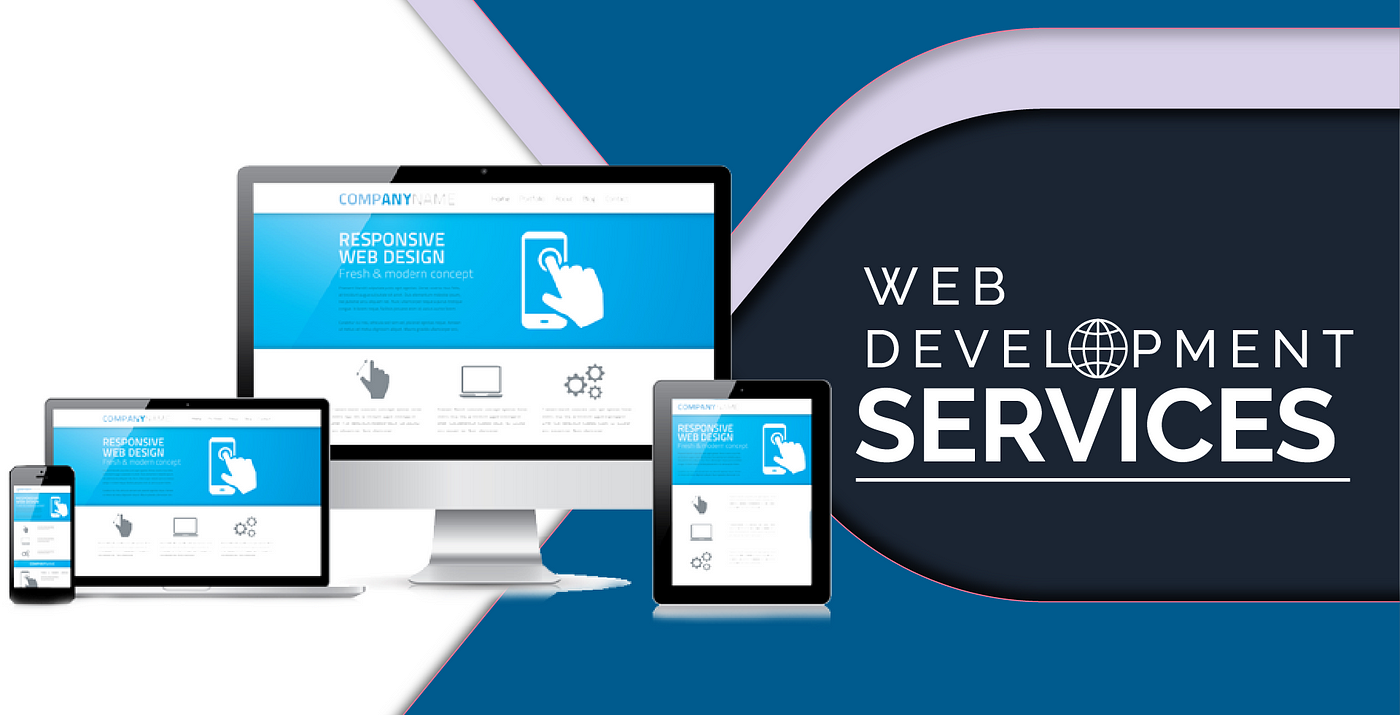A Casino With Credit Card is a financial tool issued by a bank or credit provider that allows consumers to borrow funds up to a predetermined limit for purchasing goods or services. Unlike debit cards, which withdraw money directly from your bank account, credit cards offer a revolving credit line that can be paid back over time, either in full or through monthly minimum payments.
Credit cards often come with additional benefits such as rewards programmes, purchase protection, and travel insurance. They are widely accepted across the UK and globally, making them an essential part of modern consumer finance. As of 2024, over 32 million adults in the UK actively use credit cards, highlighting their prevalence in everyday financial life.
These are the most common type of credit cards, offering basic features such as a line of credit, a grace period for repayments, and standard APR rates (typically around 22.5% in the UK). They suit everyday spending and consumers new to credit.
Standard cards typically come without extravagant perks, making them more accessible for general users. Examples include the Barclaycard Forward and Halifax Clarity Card, both designed for responsible spending with straightforward terms.
These cards offer points or cashback for every pound spent. For example, American Express offers up to 5% cashback for the first three months (up to £125), then up to 1% thereafter. These rewards can be redeemed for gift cards, statement credits, or travel perks.
While beneficial for regular users, these cards often come with higher APRs and sometimes annual fees, making it crucial to pay balances in full to maximise the rewards and avoid interest charges.
Balance transfer cards are designed to help users move existing credit card debt onto a new card with a 0% introductory interest rate for a fixed period—typically between 12 to 30 months. This allows users to pay off debt without accumulating interest.
For instance, the Virgin Money Balance Transfer card offers 0% interest for up to 29 months with a 2.7% transfer fee. It's ideal for those aiming to manage or reduce their existing debts effectively.
Travel credit cards are tailored for frequent travellers, offering benefits like no foreign transaction fees, airport lounge access, and travel insurance. Popular cards include the Halifax Clarity and Barclaycard Rewards.
These cards often waive the typical 2.99% foreign transaction fee, saving you money abroad. They may also provide emergency cash services and replacement cards overseas.
Credit builder cards are aimed at individuals with poor or no credit history. These cards have lower limits and higher APRs but help users establish a positive credit history if used responsibly.
A good example is the Aqua Classic card, which starts with a low credit limit and reports monthly to credit agencies. Regular repayments over time can significantly improve your credit score.
Business credit cards are issued to companies or sole traders and help manage employee expenses, separate business from personal spending, and earn rewards on corporate purchases.
Cards such as the Capital on Tap Business Credit Card offer credit limits up to £250,000 and 1% cashback on all business spending. They're vital tools for managing cash flow and earning perks on regular transactions.
Your credit limit is the maximum amount you can borrow on your card. It is determined by your credit history, income, and current financial obligations. In the UK, limits typically range from £500 to over £10,000.
Going over your limit can result in declined transactions, fees, and potential damage to your credit score. Responsible usage within your limit helps maintain a healthy credit profile.
The Annual Percentage Rate (APR) reflects the cost of borrowing over a year, including interest and fees. Average APRs in the UK hover around 22–25%, but premium or reward cards may go higher.
Some cards offer 0% APR introductory periods, especially for purchases or balance transfers. It's crucial to understand when this period ends to avoid unexpected charges.
A billing cycle is typically around 30 days, after which you'll receive a statement outlining your balance, minimum payment, and due date. Payments made during the grace period (usually 21–25 days) avoid interest on new purchases.
Missing payments can lead to late fees (usually £12 in the UK), higher interest, and damage to your credit score. Setting up a direct debit ensures timely repayment.
The minimum payment is the lowest amount you must pay each month to keep your account in good standing—usually 1% to 3% of your balance or a fixed amount (e.g., £5).
Paying only the minimum prolongs your debt and increases interest costs. For example, a £1,000 balance at 20% APR, with only minimum payments, could take over 5 years to repay and cost hundreds in interest.
Credit cards are widely accepted, both online and in-store, making them a convenient payment method. Contactless features allow quick transactions under £100, and virtual cards offer secure online shopping.
In case of theft or fraud, your liability is limited, especially when promptly reported. Many issuers offer zero-liability policies and fraud monitoring.
Responsible use of credit cards—making payments on time and keeping balances low—helps build a strong credit history. This is crucial for securing mortgages, loans, or even rental agreements.
The three major credit agencies in the UK—Experian, Equifax, and TransUnion—track your card activity, affecting your credit score. Regular, positive use can boost your rating significantly.
Under Section 75 of the Consumer Credit Act, purchases between £100 and £30,000 are protected, giving you recourse if the item is faulty, not delivered, or the seller goes bust.
This protection applies even if only a deposit is paid with the credit card. It's a powerful safeguard for consumers, especially for larger purchases like electronics or travel bookings.
Many credit cards come with travel perks such as free travel insurance, rental car cover, and concierge services. Some also provide airport lounge access through programmes like Priority Pass.
In emergencies, you can access funds abroad, get emergency cash, or a replacement card, ensuring peace of mind when travelling.
Easy access to credit can tempt consumers to spend beyond their means. The average UK household credit card debt is over £2,000, with many paying only the minimum each month.
Without budgeting discipline, this can lead to a debt spiral, high interest, and financial stress. Tracking your spending and setting limits helps prevent this.
If balances are not paid in full, interest accumulates rapidly. For instance, on a £1,000 balance at 24% APR, interest could exceed £240 per year.
Introductory 0% offers are attractive but must be used wisely. Always check when they expire and plan to clear the balance beforehand.
Missing payments, maxing out limits, or applying for multiple cards in a short time can hurt your credit score. This affects future borrowing, insurance premiums, and even job applications.
Keeping utilisation below 30%, paying on time, and not opening too many accounts are key to maintaining a good score.
| Fee Type | Typical Charge |
|---|---|
| Annual Fee | £0–£250 |
| Late Payment | £12 |
| Foreign Transaction | 2.75%–2.99% |
| Cash Advance | 3% or £3 minimum |
To qualify, you must typically be over 18, a UK resident, and have a stable income. Lenders also assess your credit history and debt-to-income ratio.
Some cards require a minimum annual income, often £10,000–£15,000 for standard cards and up to £30,000 or more for premium cards.
You’ll need proof of identity (passport or driving licence), proof of address (utility bill or bank statement), and employment/income details.
Most applications are online and take under 10 minutes. Decisions can be instant, though some may require further checks.
Before applying, read the full terms: APR, fees, interest-free period, rewards expiry, and penalties. Pay special attention to the small print.
Look for clauses on variable rates, balance transfer conditions, and minimum payment penalties. This helps avoid surprises later.
Create a monthly budget and plan to repay the full balance whenever possible. Consider the “debt snowball” or “avalanche” method if you carry multiple balances.
Set up direct debits, enable alerts, and regularly monitor your usage to ensure you stay on track.
Avoid withdrawing cash with credit cards, missing payments, or making only the minimum payment. These actions incur high costs and hurt your score.
Limit your number of cards and avoid unnecessary credit checks. Always check for better rates or reward offers annually.
Check your credit score monthly through services like ClearScore, Experian, or Credit Karma. It helps you track progress and spot errors.
A good credit score (above 700) can qualify you for lower interest rates and better offers. Dispute inaccuracies with agencies if found.
Premium cards often charge annual fees, justified by extra perks. Examples include £25–£250 per year for cards offering travel rewards or exclusive benefits.
Evaluate whether the benefits outweigh the cost. If not, a no-fee card may suit better.
Typically capped at £12, late fees are applied if you miss the due date. Multiple missed payments can also lead to interest hikes and default notices.
Set calendar reminders or automatic payments to avoid these penalties.
Most cards charge around 2.99% on overseas purchases. Travel-focused cards often waive this fee.
Use cards like Barclaycard Rewards abroad to save on fees and get favourable exchange rates.
Cash withdrawals via credit card incur a fee (typically 3% or £3) and start accruing interest immediately with no grace period.
Avoid using credit cards for cash unless absolutely necessary. Use debit cards or prepaid travel cards instead.
Report suspicious activity immediately to your card issuer. Most providers have 24/7 fraud teams.
Immediately report the loss to your provider. They will block the card and issue a replacement.
Monitor your statement for any unauthorised transactions and file a dispute within 60 days.
Contactless payments up to £100 are convenient but can be a fraud risk if lost. Use digital wallets like Apple Pay or Google Pay for added security.
Online payments should be made via secure gateways with OTP verification. Look for the padlock symbol in the browser.



Get Stunning Websites at Half the Price – Plus, a 100% Money-Back Guarantee!
Experience First, Pay Later– Satisfaction Guaranteed!
Get It Now !Note:This offer is only for international clients.



